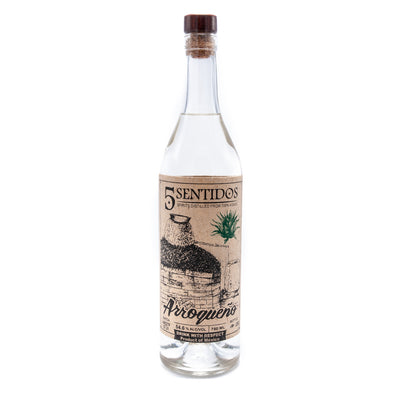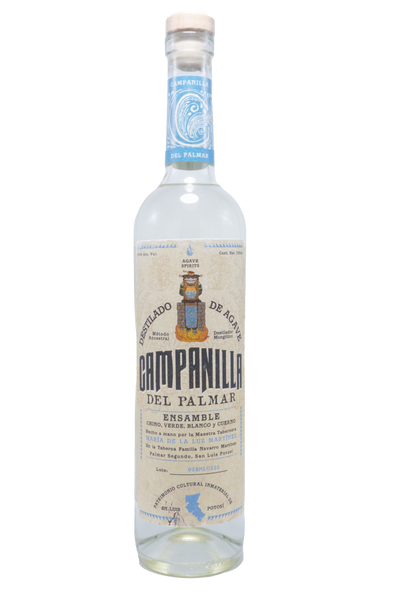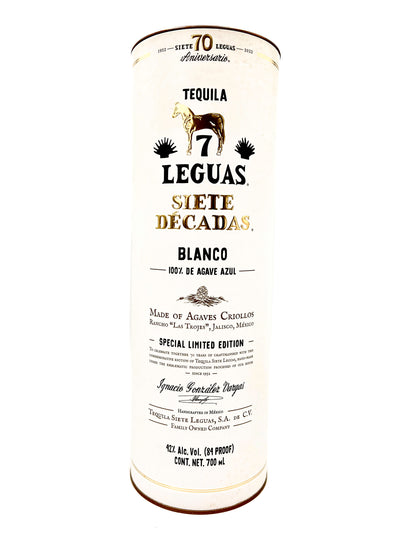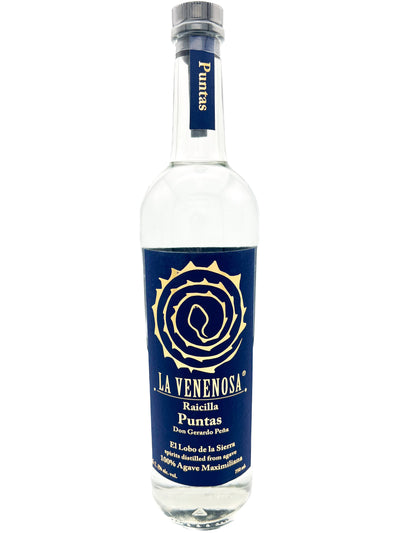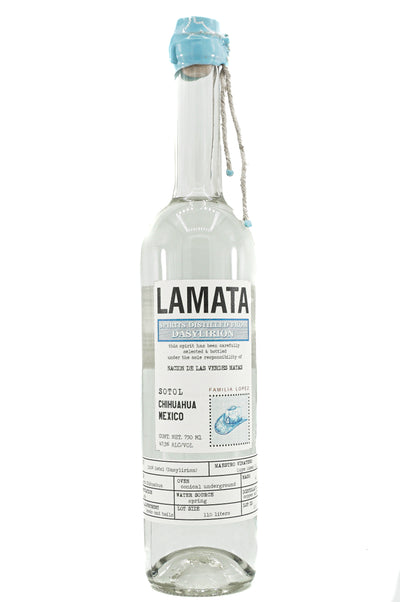Bacanora: A Gift To The World From Sonora
Born in Sonora, Mexico, bacanora is an agave-based spirit that is very popular among mescal and tequila lovers in Mexico and now around the world. If you love mescal but want to go less smoky, then bacanora would be your best option. Bacanora is a drink that fits all occasions. You only need a little of it to feel high.
Bacanora is produced and exclusively grown in Sonora, where the experts handcraft it in small batches from a particular agave plant indigenous to the Angustifolia Haw region (or agave Pacifica). This unique agave species and Sonora's unique climate and soil make bacanora different from its other famous Mexican counterparts, mescal, and tequila. This spirit has a smoky, rich flavor but is not as smoky as mescal. Its seductive taste has caused a stir in Mexico since it was introduced over three centuries ago.
Bacanora's History
Bacanora is one of the mescals, but it is different from other mescals because it is less smoky. Its production involves using Pacifica, a native, spiky agave plant, which is more like Agave Angustifolia but differs in taste.
The dry Sonora mountains have climates and soils different from those in Oaxaca, making them conducive for the cultivation of Pacific agave. Some agaves also grow in the wild, and they can be used to produce bacanora.
Bacanora was originally a local spirit and was never known nationally. For this reason, it was only confined to Tucson and some parts of Arizona. These areas still have some of the best wild agaves used locally to produce agave-based spirits.
Originally, bacanora was illegal in Mexico, and its distillers only provided it to local consumers and markets. However, when this product was made illegal, even locally, the distillers went underground, but this did not deter the development of bacanora's distillation process. It resulted in the development of a very portable and improvisational distillation style.
Bacanora Production Process
The production of high-quality bacanora has developed over the years, as have its taste and potency.
Agave Pacifica
The production of bacanora begins with the cultivation of Agave Pacifica. The plant matures in about six years in the harsh climate of Sonora. Its hardy nature is what makes it survive under these conditions. The plant has fibrous leaves that can be as long as 60 inches or more. A mature pina can weigh up to 88 lbs.
Harvesting Agave Pacifica
Harvesting Agave Pacifica is referred to as jimar (hee-mar) in the local language, and a tool called Coa is used. The jimador (harvester) removes the leaves using his bare hands to expose the pineapple-shaped pina or core. Harvesting agave isn't an easy task and requires time and a lot of energy.
Roasting the Cores
Once the jimador harvests the pinas, the next step is to split them. The split pinas are placed into underground ovens specifically designed to roast them. The locals refer to the roasting oven as a "malla." The ovens are meant to soften pinas to prepare them for juicing. The smoky flavor of the Sonora Bacanora comes from the wood used in the roasting process. Some Bacanora producers use autoclaves or boilers instead of wood in the roasting process to reduce the smoky taste.
Juicing/Extraction
After roasting the pinas, they were crushed using a tahona, a traditional grinding wheel. Today, modern mechanical crushers are used to grind pinas and separate fibers from juices. After mincing, the pinas are washed using water and then strained to obtain the juices used in the next step.
Fermentation
The producers place the juice (pulp) into a barrel to ferment it. At this step, water is added, and the barrels are closed tightly to prevent air from reaching the pulp. The juice is for between 6 and 12 days. The number of days the fermentation process takes depends on the barrel's temperature. It is in this fermentation process that the spirit is formed.
Distillation
After fermentation, the juice is placed in a still, where it is heated over a mesquite charcoal fire. The still has an inverted funnel that channels vapor to cooling pipes that direct the condensed liquid (spirit) into barrels. This distillation process results in high-quality Bacanora. The original Sonora Bacanora was never aged. The brands on the market today, on the other hand, age because they are Reposado and Anejo iterations of the original Sonora Bacanora.
The distilled spirit has an earthy hint and a peppery touch. The different flavors associated with different Sonora Bacanora brands depend on the distillation process and the different soils and climates of Sunora.
Types of Bacanora
The different types of Sonora Bacanora include:
Rancho tepua
Rancho Tepua is a well-known bacanora brand from the United States. It is owned by the Contreras family, who have worked on it for over five generations. It is among the best and most flavorful Bacanora brands.
Mazot
The Chacon family owns the Mazot brand. The mother is in charge of this brand, while the father deals with the agricultural component. The son takes care of the distillation process. The family provides their spirit in terrific bottles. They have also incorporated uvalama into their production process, helping to produce an excellent product.
Batu
The Rafael Encinas family owns the Batu brand. They have produced this brand of bacanora for many years. The brand has unique flavors and amazing quality, making it a favorable drink for many bacanora enthusiasts.
Santo Cuviso
The Santo Cuviso brand of bacanora is also a product made by the Chacon family. These brands come in three varieties: Uvelama, Blanco, and Anis. These are great brands with exceptional flavors.
Why drink bacarona?
You now understand the production process of bacanora. One of the main reasons you will love bacanora is its earthy touch. You will also love its peppery hints and the fact that it will boost your mood quickly with just a few sips. Unlike other mescal and tequila, this product isn't as smoky, meaning it is even healthier. A word of caution: when buying bacanora, ensure you do so from a reliable and reputable supplier. Some suppliers sell counterfeits that can be harmful to your health.




